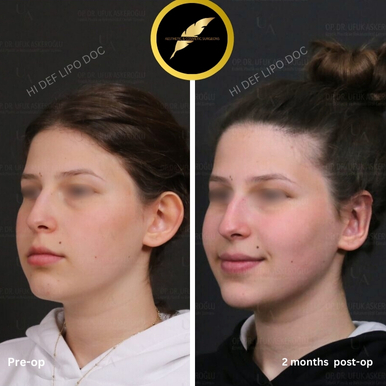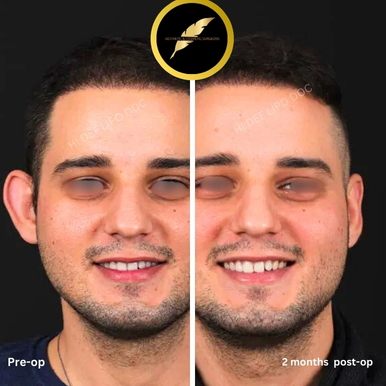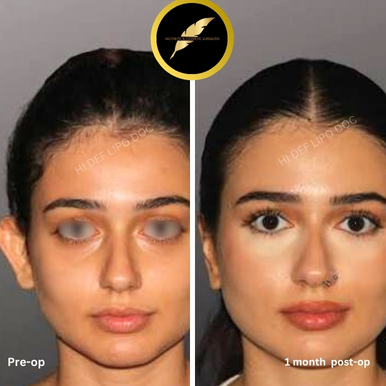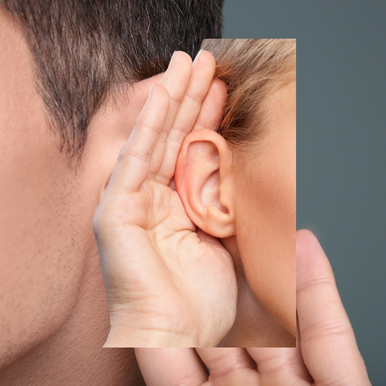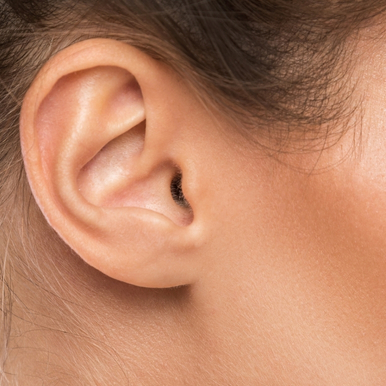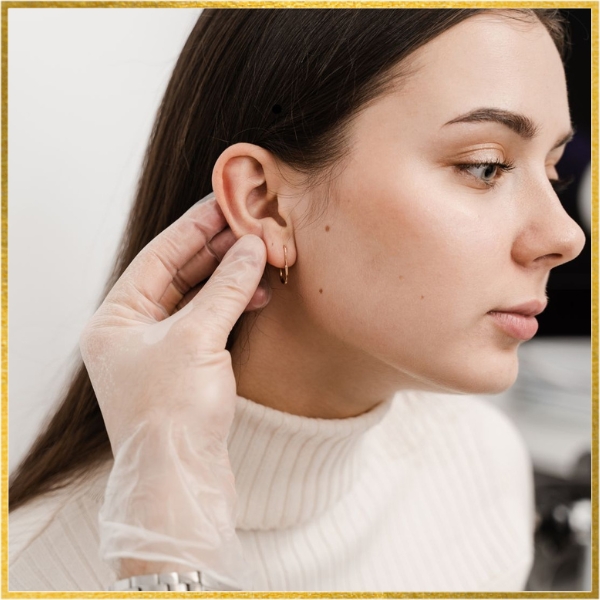Otoplasty Surgery
Enhance your ear shape and symmetry with Otoplasty in Los Angeles by Dr. Saurabh Jain.
Do you lack confidence in the appearance of protruding or deformed ears? At Aesthetic and Cosmetic Surgeons, a skilled cosmetic surgeon Los Angeles Dr. Saurabh Jain, will perform accurate and custom Otoplasty surgery Los Angeles; also known as ear reshaping surgery, ear pinning surgery or cosmetic ear surgery. It is also a very efficient process that brings ears back in shape or relocates the ears to induce natural balance and enhance the overall facial harmony of individuals with ears that are overly pronounced or unbalanced.


